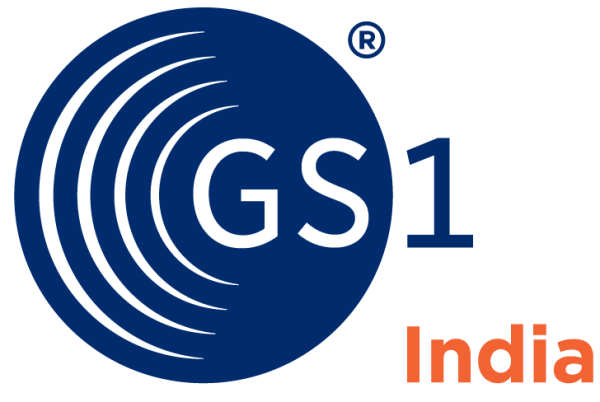With the increasing business and supply chain complexities, it is becoming essential to get barcode numbers for unique identification and better visibility of products. In barcodes, this unique code is encrypted and can be scanned electronically using laser or camera-based scanners. Organizations use product barcodes to attain multiple objectives such as maximized cost efficiency and minimized response time. In supply chain management, it is referred to as the responsiveness-efficiency frontier, where organizations struggle to provide low-cost solutions with the minimum delivery time to their customers. Barcodes make the supply chain faster and help lower the overall supply chain cost, which otherwise is difficult to manage in global and competitive scenarios.
Barcode numbers can be generated from many online websites free of cost, but they can create several issues, such as duplicate codes for multiple products, multiple codes for a single product, and more importantly, they cannot be read and understood by all trading partners. Such codes are not unique, making back-tracing much more difficult. Moreover, these locally generated barcodes cannot be validated universally. Hence, it is essential to buy barcodes from a licensed body such as GS1 India. GS1 India enables product data entry of only authorized GTINs to the national repository, DataKart. Further, using GS1 barcode numbers can also lead to higher product visibility to brand owners/ manufacturers through search engines by using GTINs (GS1 barcode numbers) in the coding of product pages.
A large percentage of products in the market are without GTINs. However, listing the products without GTINs can invite many issues as most of the e-commerce websites and retailers need a unique product code, which can be authenticated. This helps them list products uniquely and manage their internal processes such as ordering, invoicing, despatch, receipts, etc. Hence, e-commerce platforms, such as Amazon, Flipkart, BigBasket, etc., require brand owners to share GTINs to list their products on websites.
GS1 India is the only authorized body and a standards organisation in India issuing GS1 barcode numbers. GS1 issues and manages unique product code (UPC)/ Global Trade Identification Number (GTIN) for all trade items worldwide. GTIN can be linked to information such as product specifications, serial and product number, manufacturing details, source of origin, order status, destination details, etc. Thus, barcodes ensure unique identification for products and facilitate easy tracking at any point of the supply chain. They also enable product validation by retailers and e-tailers. For example, Amazon India uses GS1 India’s GTIN validation service for listing products on its site.
DataKart is the national product information repository, hosting information on over 14 million products. It stores all product-related information that can be assessed at any time by brand owners, retailers and online marketplaces. DataKart helps its users meet several requirements such as expediting the product listing process, generating product and carton barcodes, sharing product changes with retailers/e-tailers, etc., that are crucial in the B2B, B2G, B2C space. It also helps brand owners gain global reach by sharing information in the global product data repository. DataKart allows easy knowledge management by allowing API integration with various retail software and provides implementation and operational support.
With DataKart, manufacturers can also directly connect with their consumers through the Smart Consumer mobile app which enables them to share detailed product information to its consumers by scanning the GS1 barcode numbers (GTINs) on product packaging.
Set up by the Ministry of Commerce and Industry, Government of India, along with other apex trade bodies, GS1 India is a standards organization that provides a B2B platform for the industry to connect together. With their GTINs issuance and traceability services, GS1 India will help you adopt global standards in your supply chain to enhance efficiency and profitability.
